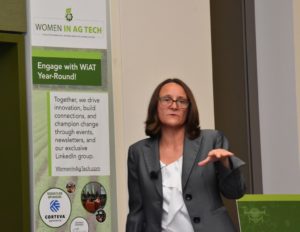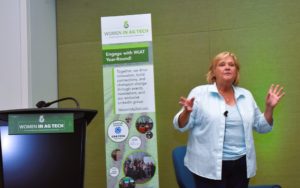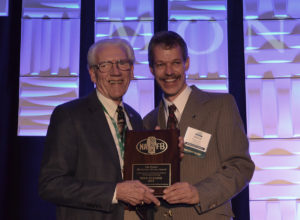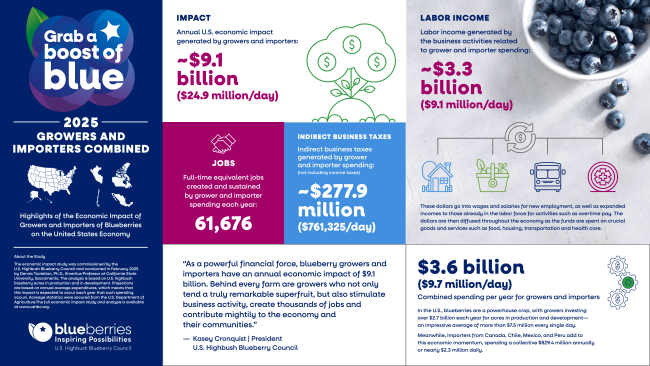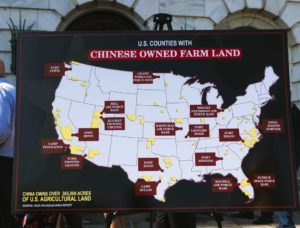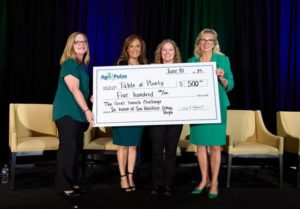The fourth in-person Women in AgTech (WiAT) was held on Monday July 21 prior to the start of the fifth annual Tech Hub LIVE in Des Moines. The half-day agenda was packed full of presentations, panels, and professional networking for women in the agricultural technology field.
Susan Olson, founder of Action Intel, kicked off the event with her story and insights on Harnessing Innovation to Empower Women in Agriculture. She reflected on her career path that took her from rocket science to ag tech. “How I’ve progressed at different stages of my professional and personal life, it has really come through a catalyst, a guide and then execution and the influence of those guides can really help shape us and help us find that direction to get us to the next step.”Listen to an interview with Olson:
2025 WiAT - Susan Olson, Action Intel (9:10)
A panel discussion with Tami Craig Schilling, Bayer Crop Science; UNL Quantitative Life Sciences Imitative Director Jennifer Clarke; and AIFARMS Executive Director Jessica Wedow, focused on A.I. developments in agriculture. Schilling talked about how Bayer developed the GenAI model called E.L.Y. (Expert Learning for You).
Sarah Canada, R&D Chief of Staff with Corteva, discussed her career path that involved moving from Research and Development to HR and back again, and how the company culture at Corteva encourages that kind of interdepartmental growth into new areas. Corteva is a major sponsor of WiAT and brought a big group to attend the conference.
Another big supporter of WiAT is Agri-Access, a division of Compeer Financial, where Kelly Miller is the Director of Fintech and Retail. She led a panel on how ag tech impacts farm credit and crop insurance with ag economist Megan Roberts with Compeer and Dawn Stoppelmoor of Farmers Mutual Hail.
In the tradition of Tech Hub LIVE’s popular farmer panels, WiAT attendees had the opportunity to Ask April Anything – from Cover Crops to Career Advice. April Hemmes has been farming in Iowa for 40 years and has been active on the state and national level in numerous organizations, but she may be better known in some circles for her “combine karaoke” videos. One question she was asked was “What’s the biggest cost for a farmer?” and her answer without hesitation was “Land.”Listen to my interview with April here:
2025 WiAT - April Hemmes, Iowa farmer (9:40)

